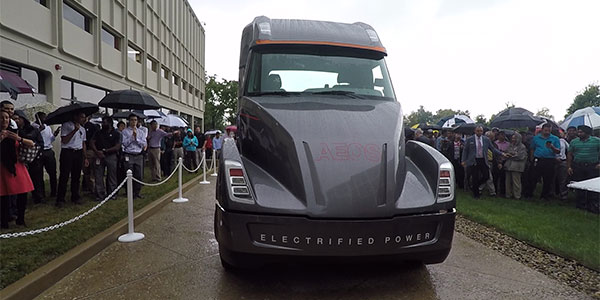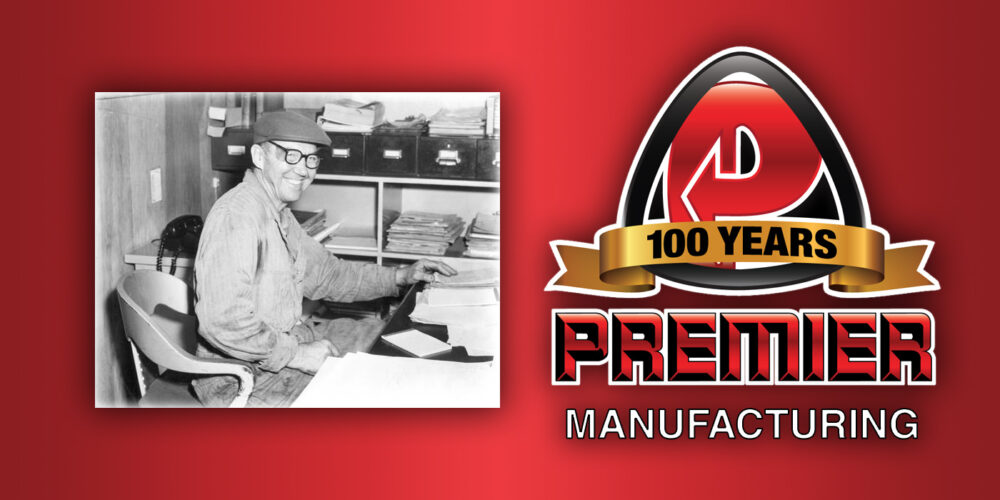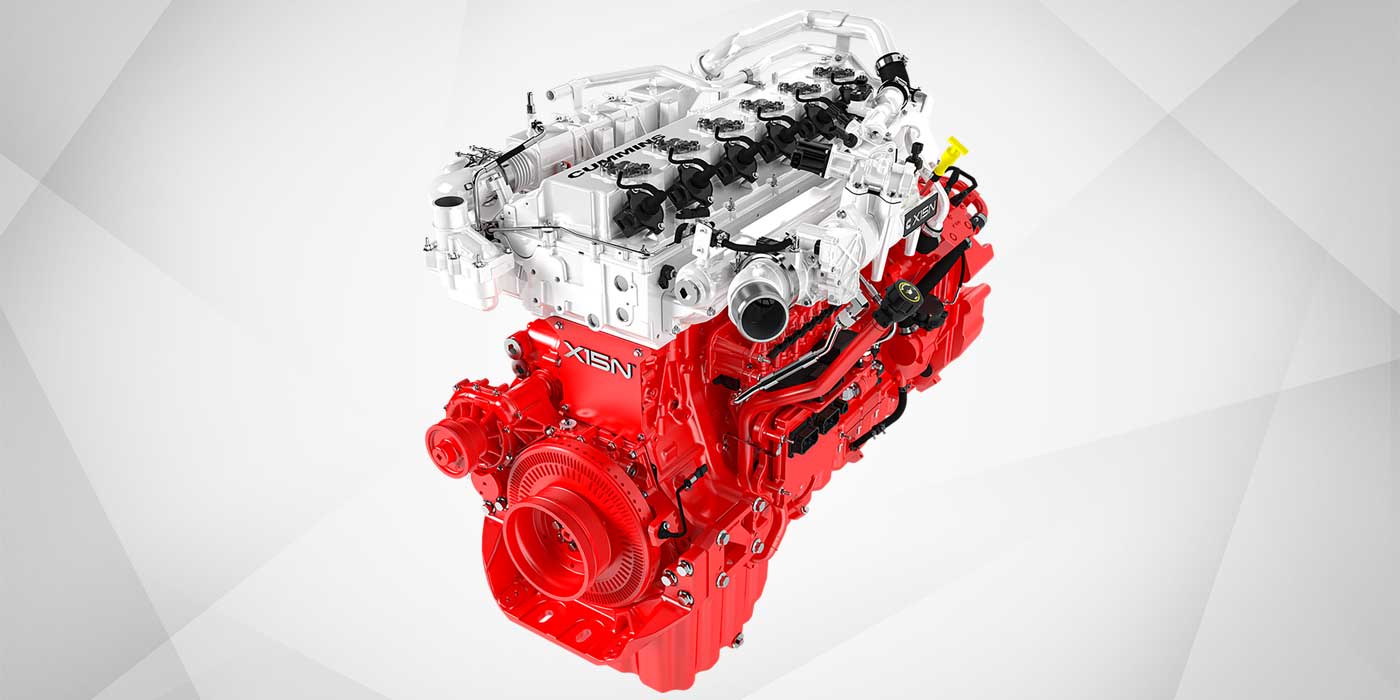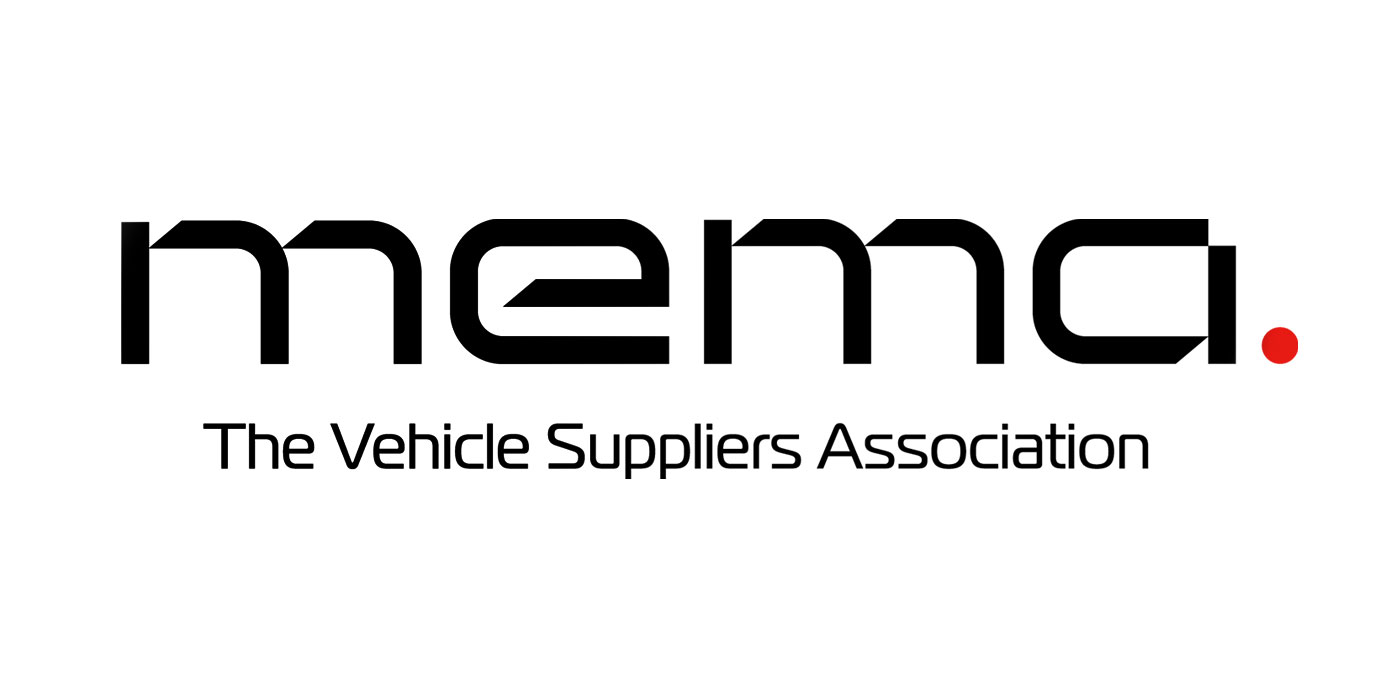Inertia is a powerful motivator. When extreme changes are on the horizon, the easiest thing to do by is to ignore them and keep doing what you’ve been doing. “That’s the way it’s always been” is a phrase that has inhibited progress in many areas.
But not everyone is content with waiting for inertia, easy as it might be. You might think, for example, that a diesel engine company would have no interest in electrification or that an oil company would be doing its best to ignore the future need for alternative energy solutions. Yet, recent announcements from both Cummins and Shell belie those expectations.
Earlier this summer, Cummins unveiled a fully electric engine in a Class 7 demonstration urban haul tractor concept truck. The truck includes battery pack offering with a charge time of one hour for a full charge and a range of 100 miles. That range can be extended to 300 miles with additional battery expansion.
Shell Lubricants, meanwhile, is currently working on what it’s calling the “Starship Initiative.” Though it may sound like the goal of this project is to explore space or write and perform “We Built This City,” its actual goal is to build an energy-efficient truck with an original design capable of reducing energy usage, using technologies that are available on the market today (as opposed to the government-funded SuperTruck program, which utilizes technologies that are not yet on the roadways).
Bob Mainwairing, Shell’s technology manager for innovation, heads up the development of this truck, which Shell is working on in collaboration with Airflow Truck Co., and he says that the goal is not just to maximize miles per gallon, but to maximize freight ton efficiency, which is MPG adjusted for the amount of cargo or passengers. In other words, finding the most efficient way to get the cargo from place to place. The building of the Starship truck is in its final stages, and it is scheduled for a cross-country run in early 2018.
Companies like Shell and Cummins have been at the forefront of fossil fuel usage; they could just as easily deny the way things are moving, ignore alternative fuels and double down on what’s already working for them. So why don’t they?
“For Cummins, we like to give our customers the choice of application and really be able to offer them the right solution for the work they’re doing and the right solution for whatever mission they need to complete,” said Julie Furber, executive director of Cummins electrification business development. “For us, having that portfolio of solutions from a fully diesel engine to a hybrid to a fully electric to at some point in the future fuel cells, that will enable us to give those customers the right technology for what they need to do.”
We posed the same question to Shell’s Mainwaring, who gave a simple answer: “Because not doing something is not an option.”
Thirty-five percent of the world’s carbon dioxide (CO2) usage comes from transportation, and energy usage and demand is increasing while resources are down. “These are hard truths,” Mainwaring said. “It takes too much time to affect material change to wait. The world has no option but to consider energy usage in the future in a different way.
“We don’t know what the answer will be in 2020, let alone in 2040,” he added. “There’s no way of knowing which horses to back today. However, if you wait until 2040, hoping that on that day, some God-sent solution will arrive, it will still be another 30 years before that becomes a viable solution you can use. The lesson being: don’t put off until tomorrow what you can do today.”














